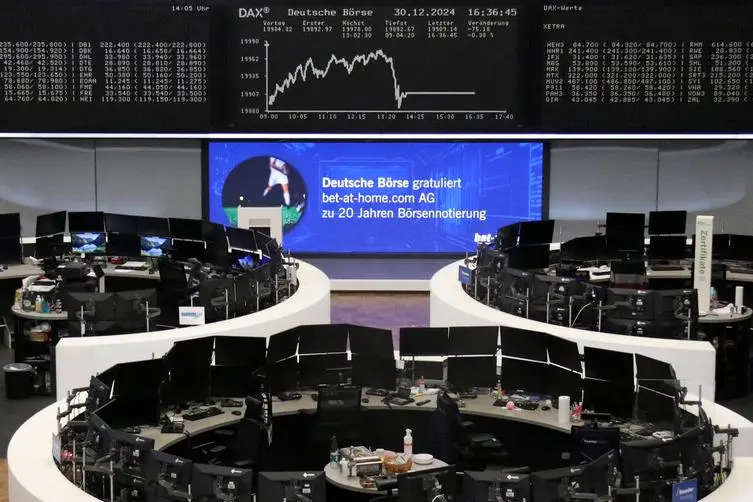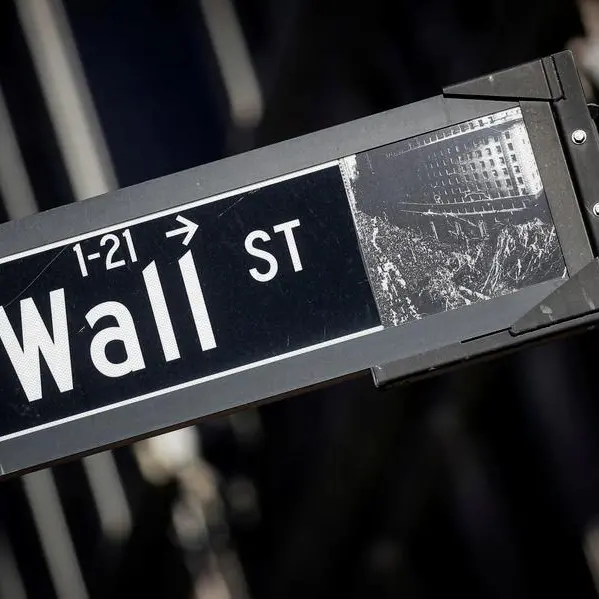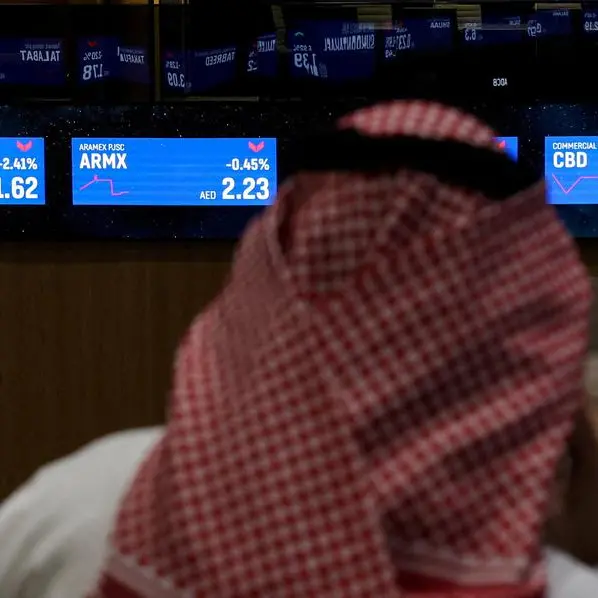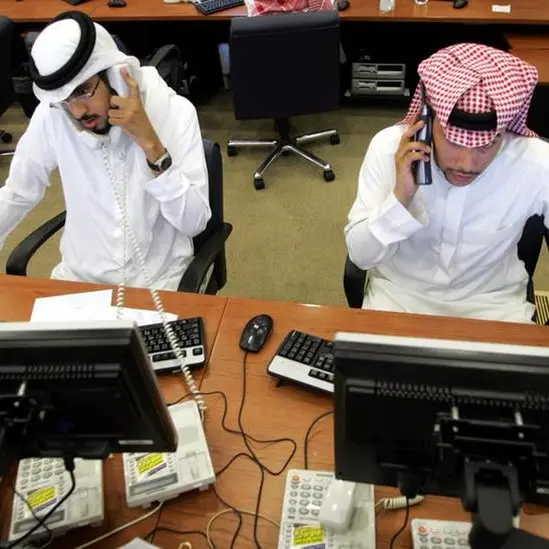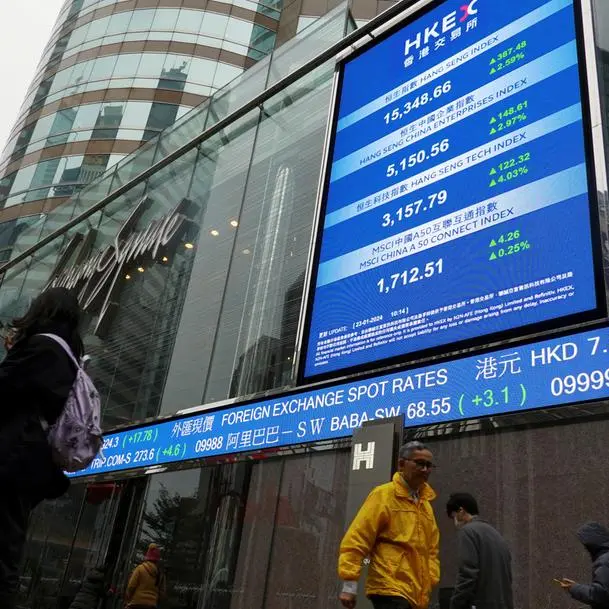PHOTO
SINGAPORE/LONDON - European stocks and U.S. futures rose on Tuesday as a sell-off in bond markets moderated, although investors remained cautious ahead of U.S. inflation data on Wednesday and the start of U.S. President-elect Donald Trump's second term in office next week.
Nasdaq 100 futures rose 0.7% in the European session after the index dropped on Monday. S&P 500 futures were 0.51% firmer.
European stocks were up 0.48%, after the index fell 0.55% on Monday as global bond yields continued to rise after strong U.S. jobs data on Friday, which drove concerns about the outlook for central bank rate cuts.
Germany's DAX climbed 0.67% and Britain's FTSE eked out a 0.1% gain.
Speculation about a slower approach to tariffs was one factor boosting global equities, analysts said, after Bloomberg reported that Trump's aides were weighing ideas including increasing tariffs by 2% to 5% a month to increase U.S. leverage and to try to avoid an inflationary spike.
"The market remains focused on Trump and what measures he will present when he is sworn in as president next week," said Elisabet Kopelman, U.S. economist at European bank SEB.
"It is still very uncertain how the policy will be shaped."
All eyes are on U.S. inflation data due on Wednesday. Any rise in the core figure greater than the forecast 0.2% would threaten to close the door on easing altogether.
"It'll be touch and go for the next couple of days until we get the inflation news out of the way," said Peter Cardillo, chief market economist at Spartan Capital Securities in New York.
Investors are considering the possibility that the U.S. may have seen the end of rate cuts for now, he said.
Benchmark 10-year yields fell 3 basis points (bps) to 4.78% on Tuesday after hitting 4.805% on Monday, the highest since early November 2023. Markets are pricing just 29 basis points of cuts from the Fed this year.
JAPAN DIPS, OIL STEADIES
In Asia overnight, Japan's Nikkei slumped 1.8% and touched a six-week low as investors shed chip stocks and worried about a possible Bank of Japan interest rate hike.
Bank of Japan Deputy Governor Ryozo Himino, in a speech to Japanese business leaders, left the door open to a rate hike at the conclusion of the next policy meeting on Jan. 24 .
Chipmaker stocks have been under pressure following new U.S. restrictions on exports. The exception has been in China where local manufacturers rallied in anticipation of a boost to their domestic market share and speculation of state help.
Oil prices steadied on Tuesday following a jump to four-month highs after Washington stepped up sanctions on Russia. Benchmark Brent futures were last trading at $80.80 a barrel, down 0.26%.
The euro ticked up 0.15% to $1.0262, after hitting a more than two-year low of $1.0177 on Monday.
Japan's yen was at 157.84 per dollar, down around 0.2%, inching away from the near six-month low of 158.87 it touched last week.
The dollar index, which measures the greenback against a basket of currencies, hit its highest in more than two years at 110.17 overnight and was last at 109.57, up 0.15%.
The fourth-quarter U.S. earnings reporting season gets underway on Wednesday, with results expected from U.S. banks including Citi and JPMorgan Chase.
"The question investors are grappling with is what's more important - strong corporate earnings, which come from a strong economy, or lower inflation, which comes from a weaker economy," said Oliver Pursche, senior vice president, adviser for Wealthspire Advisors in Westport, Connecticut.
"Most investors would prefer a strong economy with slightly elevated inflation," he said.
(Reporting by Tom Westbrook in Singapore and Harry Robertson in London; Additional reporting by Caroline Valetkevitch in New York and Amanda Cooper in London; Editing by Bernadette Baum)
